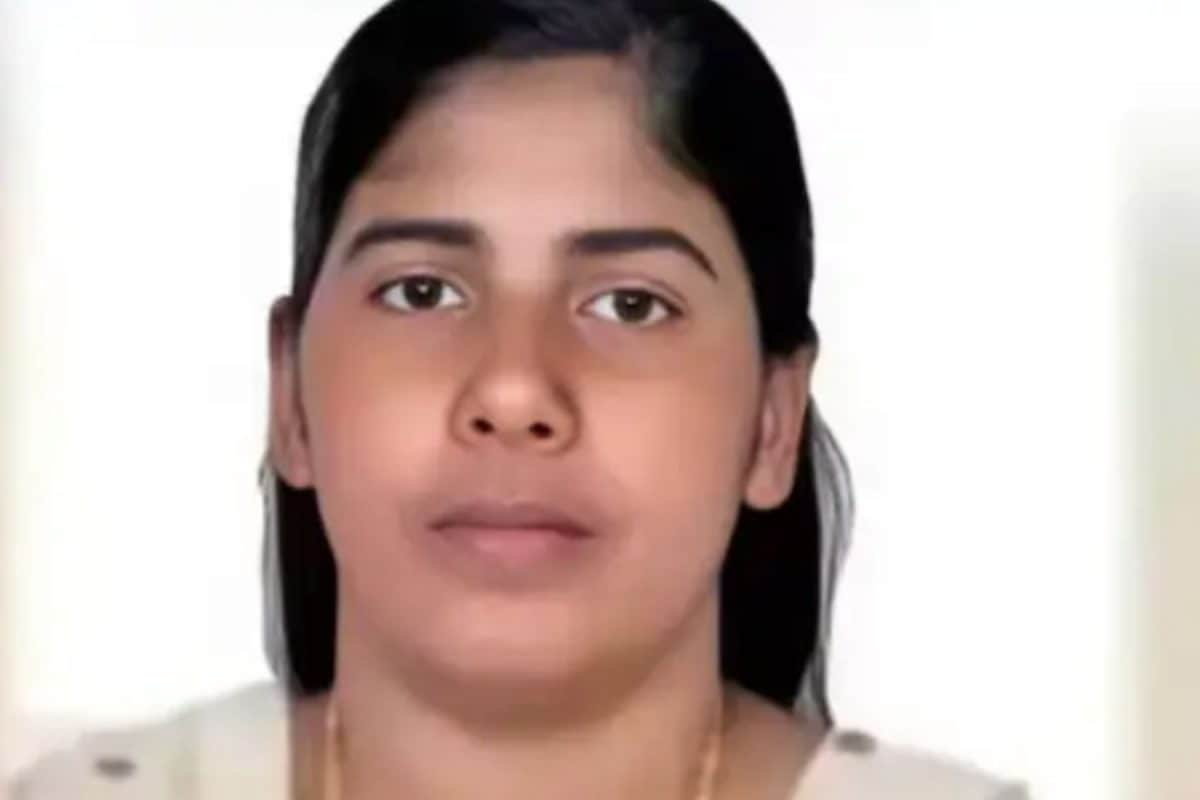

In a desperate attempt to save Nimisha Priya, an Indian nurse sentenced to death in Yemen, the concept of "Diyah," or blood money, has come to the forefront. Nimisha Priya faces execution on July 16, 2025, for the murder of her business partner, Talal Abdo Mahdi, in 2017. With time running out, efforts are focused on securing a pardon from the victim's family through the payment of Diyah.
Diyah, often translated as "blood money," is a form of financial compensation paid to the victim's family in cases of murder or serious injury under Islamic Sharia law. The practice is rooted in the Quran and Islamic tradition, providing an avenue for reconciliation and preventing further bloodshed. It is considered a principal punishment for unintentional killings and culpable homicide, but can also be applied in murder cases where the victim's family chooses to waive their right to retribution (Qisas).
In Nimisha Priya's case, she was sentenced to death in 2020 for the murder of Talal Abdo Mahdi, with the verdict upheld in 2023. Nimisha had partnered with Mahdi to open a clinic in Yemen, but their relationship soured, with Nimisha alleging abuse, financial control, and confiscation of her passport by Mahdi. In an attempt to retrieve her passport, she allegedly sedated him, resulting in an overdose and his death. She was arrested while attempting to dispose of his body.
With all legal avenues exhausted, Nimisha's last hope lies in Diyah. Her family, with the help of the Save Nimisha Priya Action Council, has raised $1 million (approximately ₹8.5 crore) to offer as blood money to Mahdi's family. However, as of July 10, 2025, there has been no response from the victim's family. The decision to accept Diyah and grant a pardon rests entirely with them.
The Supreme Court in India has taken up the case, hearing a plea seeking the government's intervention to save Nimisha. Advocate Subhash Chandran emphasized the urgency of diplomatic efforts and the potential of Diyah to secure a pardon.
Nimisha's case highlights the complexities of justice and reconciliation within different legal systems. While her actions led to the death of Talal Abdo Mahdi, her supporters argue that she was a victim of abuse and exploitation. The offer of blood money represents a chance for the victim's family to find closure and for Nimisha to potentially escape execution.
As the clock ticks down to the July 16th execution date, the efforts to persuade Mahdi's family to accept Diyah continue. The Indian government is reportedly working through diplomatic channels, navigating the challenging political landscape of Yemen, where there are no formal diplomatic ties, to secure Nimisha's release. The coming days will be critical in determining whether Diyah can serve as a path to forgiveness and save Nimisha Priya's life.